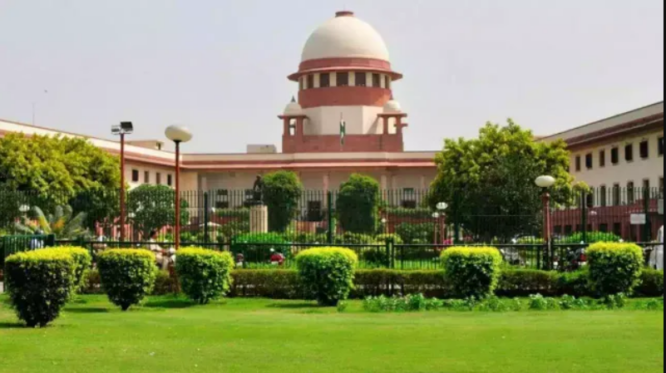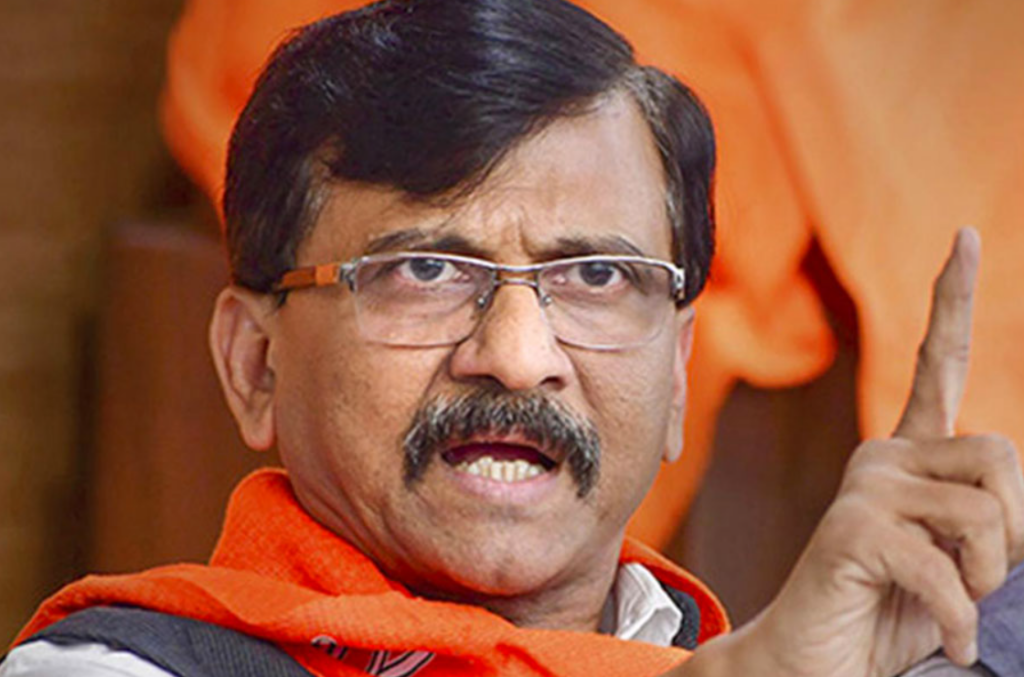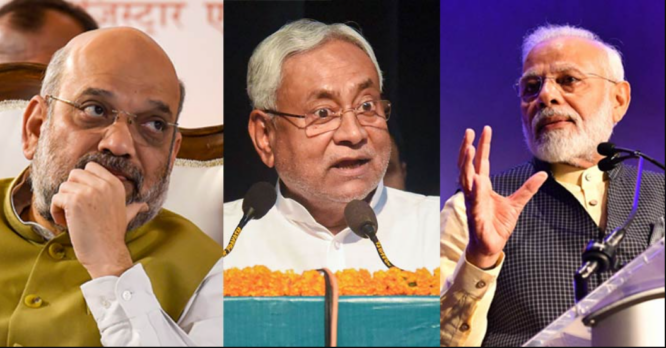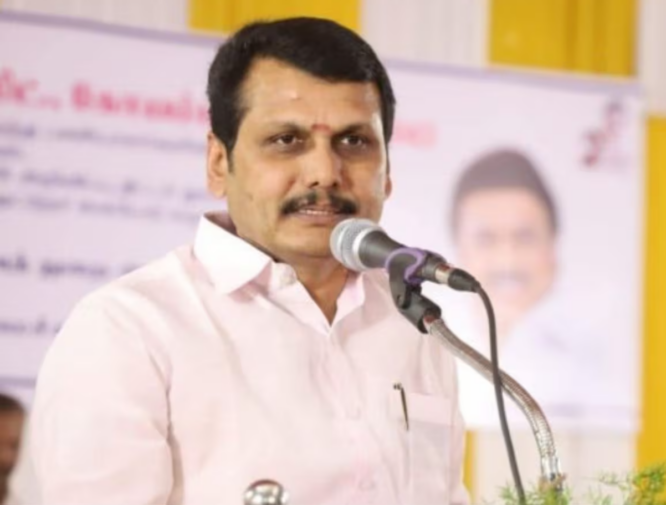In a setback for the Bihar government, the Supreme Court on Thursday refused to enable it to continue with the caste survey in the state, which was halted by the Patna High Court in an interim order, and asked the state to wait until July 3 for the next hearing in the HC.
A bench composed of Justices Abhay S. Oka and Rajesh Bindal stated at the outset of the hearing that there are numerous issues engaged in the case, including the issue of privacy, and that the High Court should first determine the case, expressing its reluctance to interfere with the High Court’s order.
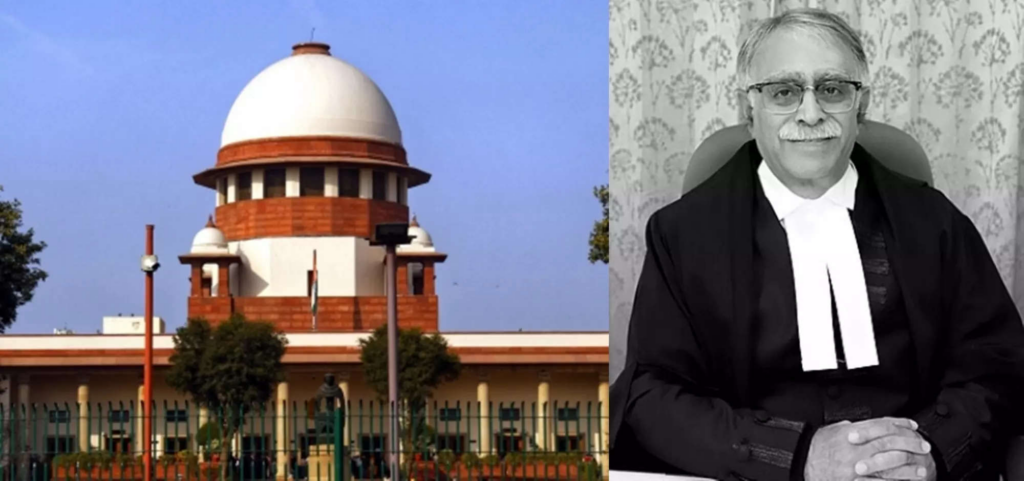
SC denied Bihar’s request to resume its caste census.
Senior counsel Shyam Divan, representing the state government, argued that the HC erred in halting the proceeding at the eleventh hour and assured the court that the information would not be shared with any third parties. He stated that the survey has been ongoing since January 7 and that 80 percent of it has already been completed, leaving only 10 days to complete the task of data collection.
“The survey only requires 10 additional days. There are over three lakh teachers, government employees, and others involved in the process, and a budget has been allocated for it. If the survey is delayed, it will not accurately reflect the ground’s position. Let me complete the exercise. It would not disadvantage anyone, argued Divan.
The senior attorney stated that the state would not perform data collation, but that data acquisition should be permitted in order to assuage the HC’s concerns about a potential violation of privacy. He also assured the court that no data would be made public or shared with third parties.
The bench, however, was unimpressed and stated that if the HC did not hear the case on July 3, it would hear the case a week later, but until then, the HC’s interim order should remain in effect.
The court also questioned whether the exercise conducted by the state was a survey or a census, as the state government had previously referred to it as a census, which can only be conducted by the federal government and not a state.
Divan stated that the state was not conducting a census but rather a survey. The state, sensing the tenor of the bench, decided not to pursue an order against the High Court’s interim directive and consented to await the next High Court hearing.
The high court ruled on May 4 that the survey was in fact a census, which can only be conducted by the federal government, and ordered that the process be halted until July 3, when the case will be reconsidered.

